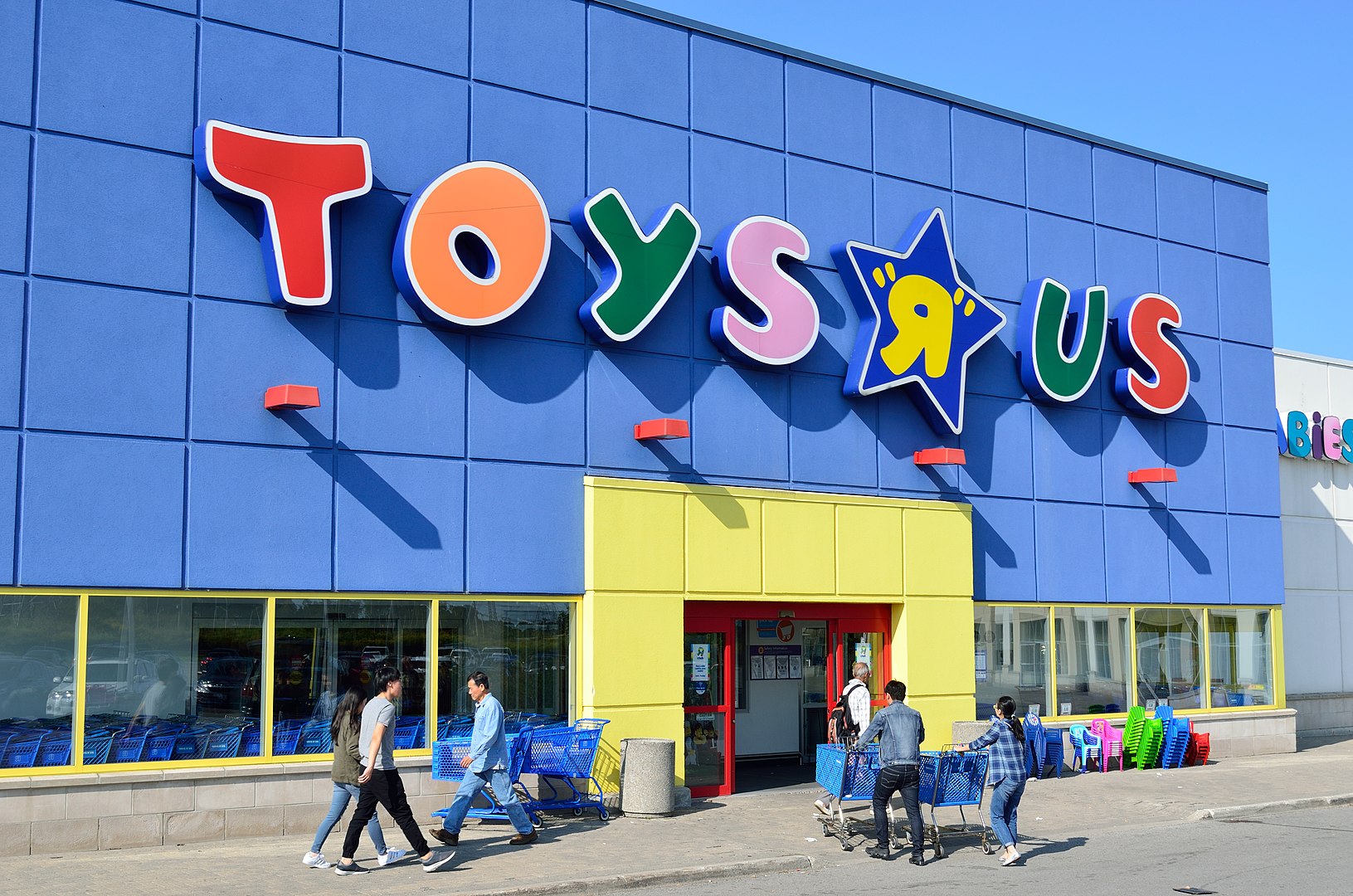
Toys “R” Us Canada plans to open two new stores next year as it aims for significant growth now that most consumers understand the toy retailer did not shutter its doors like its American and British counterparts.
“We struggled a fair bit in the Canadian marketplace with people just fundamentally thinking that we were gone,” said Frank Juhasz, vice-president of marketing, public relations and omni-channel innovation.
The confusion came as the American operation closed its final stores in June 2018, while the Canadian business filed for creditor protection and was subsequently purchased by Fairfax Financial Holdings Ltd. for $300 million last year.
What followed was a “monumental marketing effort” to inform Canadians its stores remained open — one that appears to have paid off, said Juhasz.
“That has helped us turn the corner,” he said, referencing store traffic, sales and other key indicators.
Toys “R” Us Canada is now poised for expansion, with deals already signed for two new stores to open in the first half of 2020.
They will be smaller than the company’s typical big-box format, but bigger than its roughly 930-square-metre Guelph, Ont., location, which opened last year under the Toybox banner. The locations remain a secret, but Juhasz said they won’t be found in a major market like Toronto.
Toys “R” Us is also renovating stores and making smaller, less-capital intensive changes at all of its 83 locations. That includes working on cleanliness as well as updating staff uniforms, said Juhasz.
The company continues to collect market research to determine how best to become an experiential shopping destination for parents and kids. It has piloted hosting birthday parties, lactation consultants and car seat installation clinics, and is considering partnering with a food service.
Toys “R” Us is focused on being the absolute baby and toy authority for Canadians, he said, which will hopefully differentiate it from competitors. For Walmart Canada, for example, that segment is only one of a wide range of goods the retailer sells.
But that specialist designation moves Toys “R” Us away from another big consumer trend: the desire for convenience. They can’t pop into one of its stores and pick up a toy alongside groceries, household supplies or other things on their to-do list.
Juhasz isn’t too concerned, saying that the toy seller does offer convenience in some ways.
Some Toys “R” Us shops are located in malls, which means they can be part of a bigger shopping trip, he said. But the broad selection of products at standalone buildings makes them worth the drive, he added.
The company has also worked to offer a better digital experience. It will launch a new website in the first week of September, and plans to offer next-day shipping this holiday season.
An easier-to-navigate website and faster shipping “can only help,” said Joan Ramsay, director of client development for entertainment at NPD Group, a market-research firm.
E-commerce is a growing part of the toy industry, she said, reflecting a broader shift toward online shopping for Canadians.
In June, Canadians purchased $1.9 billion worth of goods online, according to Statistics Canada’s most recent figures (not seasonally adjusted), which accounts for 3.4 per cent of total retail trade. That’s up from 1.8 per cent in June 2016 when the agency published the first official monthly figures for e-commerce. Canadians are even starting to embrace online grocery shopping, which presented a large mental hurdle as consumers grappled with the notion of not being able to touch produce, but rather allow someone else to select it.
With toys, customers expressed less hesitation than other departments.
“I would imagine it’s because you don’t have to try (toys) on,” said Ramsay. “If you know what toy your child is asking for you may as well just order it online.”
Despite that, she’s not surprised to learn Toys “R” Us will grow its brick-and-mortar presence.
“That in-store experience is critical and then you add a robust online piece to that — it’s a great combination.”
The expansion plan announcement comes a day after the company’s president resigned after more than two decades with the company.
Melanie Teed-Murch tendered her resignation Monday, leaving for an undisclosed new job. She will remain with Toys “R” Us until Sept. 27, said Juhasz, who said her departure is “categorically not” a sign the company may be struggling.
“Everything that we’ve poured into (the company) over this year, over the last year has started to pay off.”